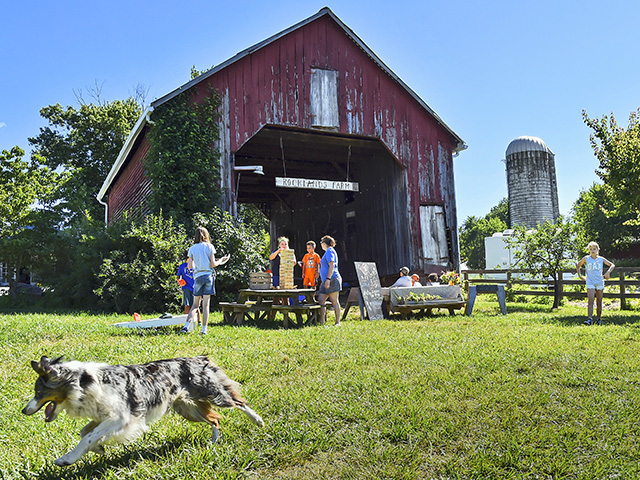We'd Like to Mention
It Took a Pandemic to Give Ag Its Due
It's been a few generations since the average American knew, or for that matter cared, who their local farmers and ranchers were. This year, for the first time in many people's lives, grocery store shelves and meat counters were empty as COVID-19 disrupted supply chains across the nation.
People started to think about farmers. They started to think about ranchers and anyone with a flock of layers, a herd of milk cows, poultry or hogs. And, no big surprise here, they started to look for ways to connect.
P[L1] D[0x0] M[300x250] OOP[F] ADUNIT[] T[]
These consumers drove their shiny cars out of town, down a few dusty roads, all to find their nearest farmer. They came to buy food for their families. No middleman. No buying clubs. Just one on one, buying from the guy who grew the sweet corn and vegetables, who raised the livestock, who milked the cows or gathered the eggs.
Funny thing, no one seemed to care back in March if that side of beef was organic or grass-fed. They didn't worry if the chickens that laid their eggs were free-range. For a moment, all the marketing mantras in the world didn't mean a thing.
More than that, farmers were no longer faceless cogs in some industrialized system. Farmers had names, they had families, and they felt like friends now, because they cared if you could feed your kids. They were willing to share, to help. While the rest of the world panicked, they followed the seasons and let nature dictate what they would do rather than some cable news channel.
They tilled the ground, planted for the harvest, put the bull in with the cow herd and showed a faith that reminded those new friends, the ones who drove out and met them for the first time, that agriculture has a face, a heart and a near limitless amount of strength and resiliency.
(c) Copyright 2020 DTN, LLC. All rights reserved.






